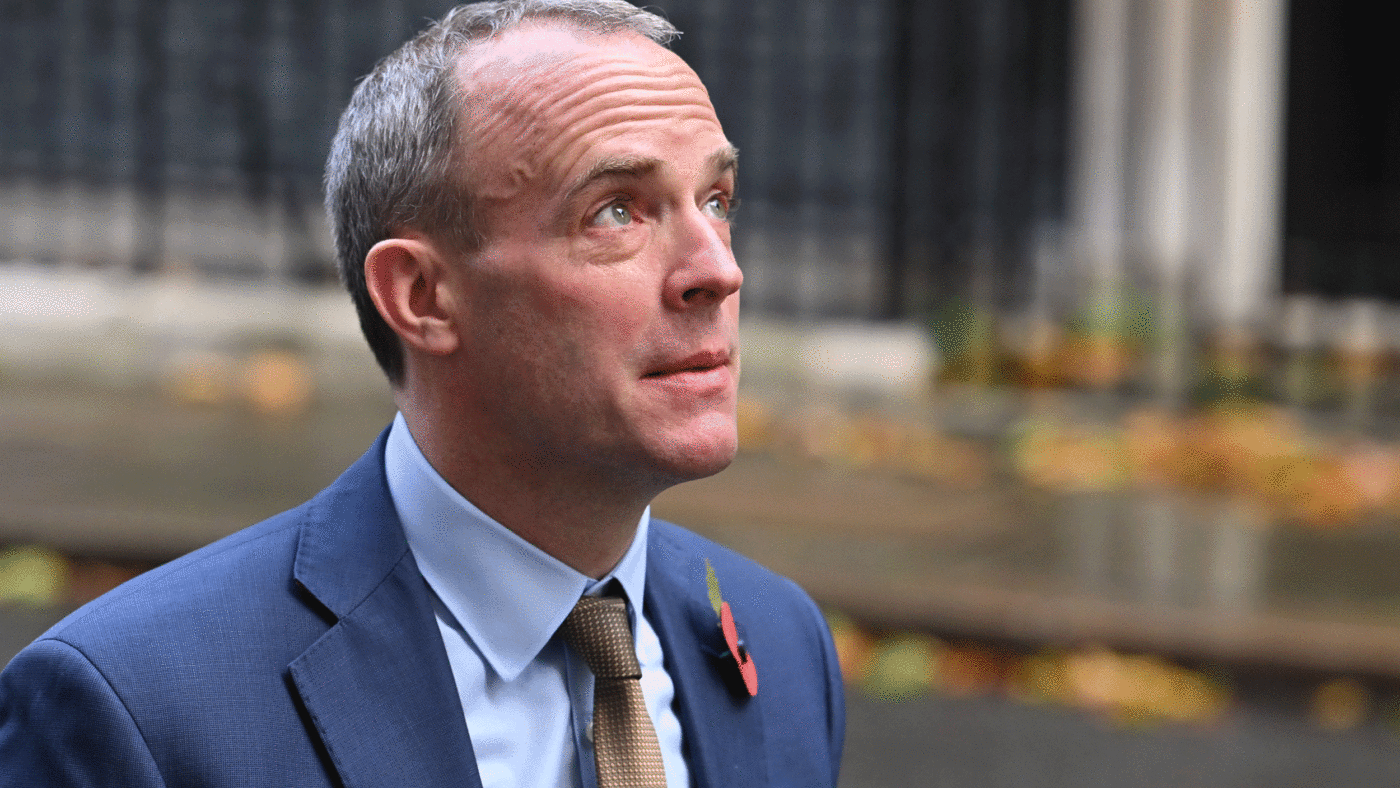If there really was a secret civil service plot to bring down Dominic Raab, it would require an act of internal organisation most departmental strategy teams would kill for.
Rather than some kind of sinister Mandarin cabal trying to bring down the minister, the far simpler explanation is that the Deputy Prime Minister did indeed make his staff feel deeply and unnecessarily uncomfortable.
For me, however, the most notable feature of the whole affair was that Raab managed to get at least nine officials from different teams within the Ministry of Justice to step out of their silos and co-ordinate a complaint. This is why I am instinctively suspicious of the argument that civil servants are working against ministers and therefore should be replaced with political appointees.
One of my roles when I worked in the civil service was trying to bring different teams across my department together to ensure that policies were mutually supporting and not directly contradictory. All of these teams had complex and intellectually challenging day jobs – my requests that they also consider the impact of their policies on other bits of the department simply added to this burden. It required considerable finesse and occasionally sharp challenge to ensure that this happened. The notion that alongside this there was some kind of conspiracy to implement an alternative civil service programme for government would involve considerable overtime on the part of the conspirators. To critics of the civil service who simultaneously believe that it seeks to overturn ministerial judgements while refusing to work past 5pm I would say: pick one.
The biggest barrier ministers face in achieving their objectives isn’t that officials are ranged against them, it’s perverse incentives. Career progression for officials is determined largely by impressive things that they have delivered. The more impressive the thing, the more officials are incentivised to keep it staggering on, otherwise the months and years spent delivering it are effectively career deadweight. This is why the Online Safety Bill trundles on year after year and government after government: too many careers are riding on it happening, and no minister wants to kill something with ‘online safety’ in its title. We have a system that prioritises inertia over change.
It is not easy enough to get the civil service to stop doing things. Changing this means changing incentives on officials, focusing on providing a knowledge service rather than sustaining a project after the minister that cared about it has left office, rewarding expertise rather than mastery of process. This, much more than debates around political appointees, is the first step towards to better Government.
Click here to subscribe to our daily briefing – the best pieces from CapX and across the web.
CapX depends on the generosity of its readers. If you value what we do, please consider making a donation.


